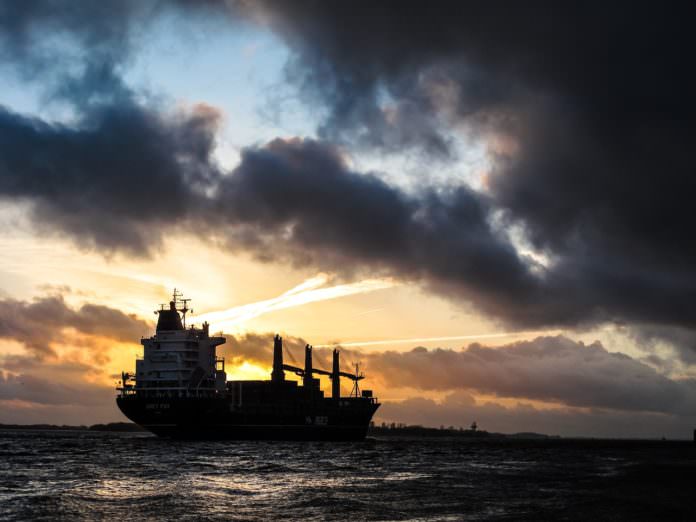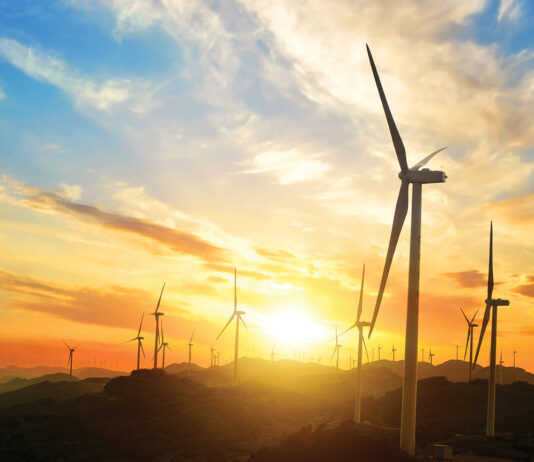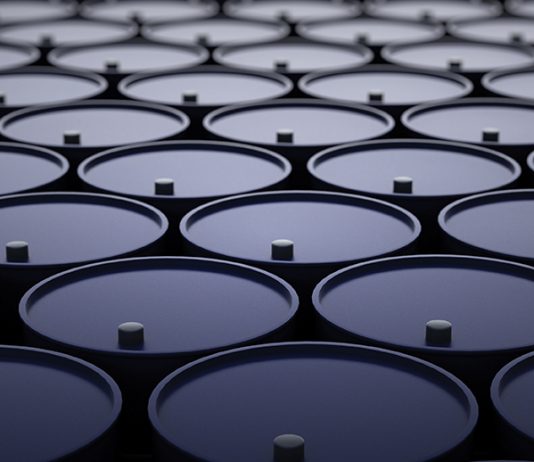
What You Should Know About Oil and Gas Today
The Big Story
Here we go again. Saudi Arabia is threatening to ignite another global oil price war if cheating participants in the OPEC+ deal continue to exceed their quotas. According to the Wall Street Journal:
Saudi energy minister Prince Abdulaziz bin Salman issued the ultimatum in recent weeks as he asked Angola and Nigeria to submit detailed pledges to carry extra oil-production curbs, delegates said.
The hard-line stance from OPEC’s de facto leader risks a new flare-up within the Organization of the Petroleum Exporting Countries. It comes just months after Saudi Arabia waged a price war against longtime oil-market ally Russia following disagreements over how to supply global markets as the coronavirus spread.
While most of the energy media has continued to blame the oil price crash on the COVID-19 pandemic and its destruction of oil demand, the truth is that the price for WTI had already dropped to the low-$40 range due to the Saudi/Russia price war before the impacts of the virus kicked in in mid-March. With WTI now having struggled back to that $40/bbl mark, another Saudi-led flooding of the market could send it crashing back down again.
This could be just more sabre-rattling by the House of Saud, but it serves to highlight once again the fundamental instability of a U.S. shale business model that relies on often-irrational actors in other countries to prop up prices by limiting their own production. This instability will never be resolved unless and until state regulators in the U.S. step in to limit shale production in an organized fashion.
Given that that is unlikely to happen anytime soon, you should all get used to continued instability.
On to other stories…
Here’s a rare interesting story at CNN Business discussing China’s current practice of storing a prodigious amount of crude oil at sea on oil tankers. If the story is to be believed (it is CNN, after all) China has amassed a total of 73 million barrels of crude stored on 59 vessels that are sitting off of its northeastern coast as of the end of June. This hoarding of crude at sea comes in addition to the previously-reported effort by China’s government to amass at least 500 million barrels of crude in a national petroleum reserve. China’s government is following the conventional wisdom of buying low. Makes perfect sense. Too bad our own congress doesn’t have that common sense.
Seeking Alpha has a detailed analysis of Shell’s write-down of assets this week and its stated plan to become a “zero net carbon” company by 2050. The analysis is not flattering, to say the least:
For an oil company to aspire to be “zero carbon” could be viewed as daringly ambitious – a Big Hairy Audacious Goal. But it could also be viewed as just plain silly. I think there may be a bit of truth in both perspectives, but it is a clear sign that Shell has an identity crisis, largely if not exclusively self-inflicted. Is it or is it not an oil major?
Shell has decided to downgrade its business unnecessarily. Its dividend cut accompanied by the amount of management chatter about green energy underlines the company’s identity crisis. It is a successful big oil major which is intent on becoming a less successful energy conglomerate. I still have a Shell holding which I plan to sell down when the oil price next gets to the right level and the shares perk up because I believe it will underperform oil major peers who stick to oil and gas, but long-term I think Shell’s current management and strategy is a recipe for massive shareholder value destruction.
Ouch.
In more positive news, Bloomberg reports that oil just concluded its best quarter in almost 30 years. The piece cites rising global demand as countries reopen their economies, and the fact that oil futures prices rose by 92% from March 1 through June 30. “It’s not going to jump back up to $60 overnight, but to get to where we are now from where we were at is an incredible story,” said Phil Flynn, an analyst at Price Futures Group Inc. How quickly the market can complete its recovery is an open question. “Coming out of the rut will have to happen one day at a time,” he said.
Another major new international oil play is developing off the West coast of Namibia, in Southern Africa. Supermajors like ExxonMobil, Total, Shell and EcoAtlantic are all competing to obtain leases on blocks in Namibia’s Orange Basin, which explorers believe contains geology similar to that found offshore Brazil. Don’t let anyone kid you otherwise – crude oil remains an abundant global resource, and will remain so for many decades to come.
That’s all for today.
















